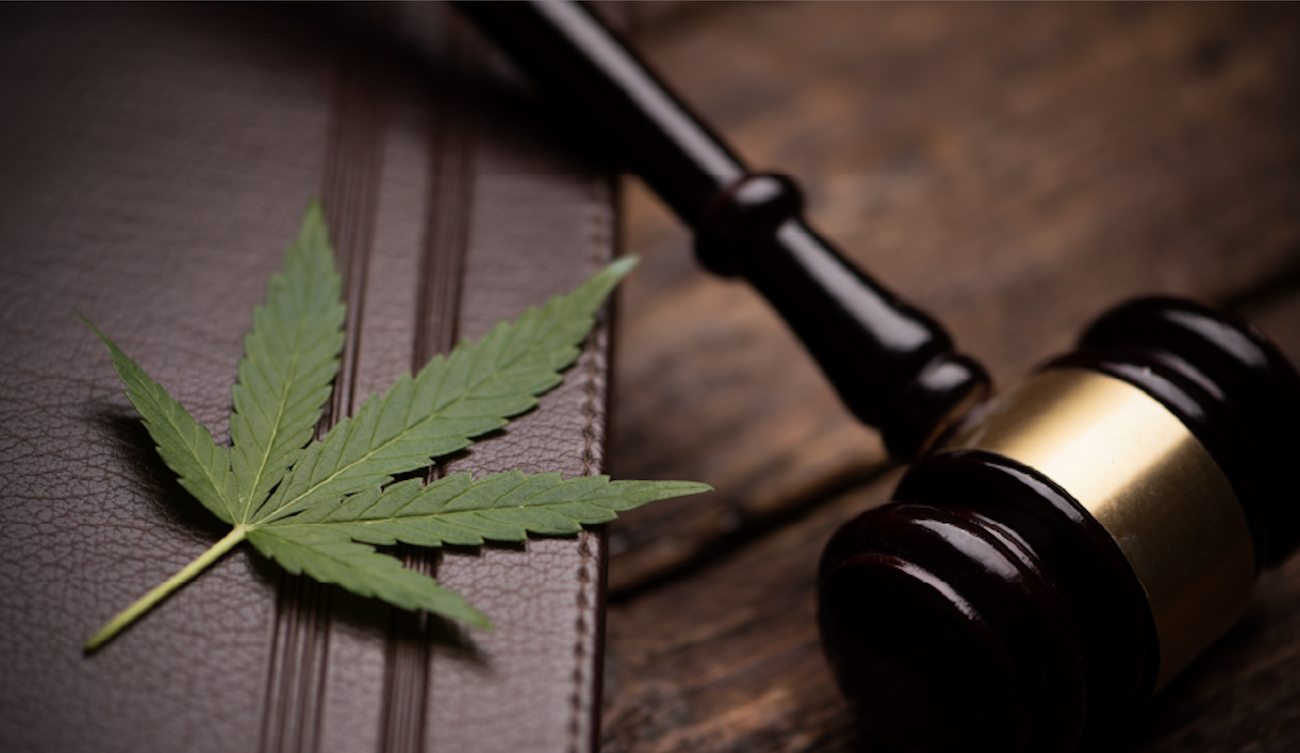In 2024, Brazil’s federal Supreme Court decriminalized personal possession of cannabis up to 40 grams, a ruling that was unanimously upheld in February 2025. Now, the Ministry of Justice and the National Council of Justice are scrambling to design a new “health-based” drug policy. Purportedly inspired by Portugal’s model of decriminalization, the new approach would punish personal possession of cannabis not by sending someone to prison, but by sending them to the Centers for Access to Rights and Social Inclusion (CAIS) where they may be referred to treatment at one of Brazil’s notorious therapeutic communities.
What happens if they don’t want to go? Or don’t show up for their CAIS evaluation? The government has so far not given an answer. Even at the United Nations meeting in March where the new policy was unveiled, there was not a word about what if any choice people will have in accepting their referrals.
CAIS are multidisciplinary hubs where low-income drug users can connect with essential services. On paper, this may sound like a benefit for the public health. But in practice, what this describes is essentially drug court, with cases decided by multidisciplinary teams of social workers, health care workers and legal assistants, rather than judges. Like many similar endeavors in the United States, this is law enforcement disguised under a therapeutic banner.
If the team deems the person they’re evaluating to be at sufficient risk—perhaps due to race, poverty, mental or behavioral health problems or lack of documentation—that person could easily be funneled into treatment pathways that are neither effective nor voluntary.
Portugal’s decrim was accompanied by changes to public messaging and investment in syringe service programs.
As the public treatment system is sorely strained, many people will be referred to the treatment centers privately run by therapeutic communities. Often faith-based, these are forced labor camps that operate with minimal oversight and rampant human rights abuses. And of course, many of the owners who profit off them have close ties to the current administration.
Under President Luiz Inácio Lula da Silva’s current term, these communities are not only surviving—they’re thriving. Despite the progressive image Lula continues to cultivate, his administration has maintained funding for involuntary commitment and deepened its relationship with therapeutic community leaders.
Former Minister of Health Nísia Trindade had advocated for more evidence-based and humane drug policy, but she was dismissed in February. A December 2022 report led by Trinande had recommended scrapping all policies legitimizing therapeutic communities and involuntary commitment. That report has since disappeared from the Brazilian government’s websites. So much for evidence-based policy.
The new model cites Portugal’s success with decriminalization. But that success came from approaching drug use as an enduring part of society rather than something to eradicate. It didn’t just focus on treatment. It was also accompanied by changes to public education around drugs—like retiring abstinence-only messaging in schools—and by investment in syringe service programs. While in Portugal’s model quantities of drugs that constitute personal possession are still confiscated, any treatment referrals that follow are not mandatory.
Brazil’s new CAIS model pays lip-service to structural change. But with just 22 centers currently operational and nearly 100 still in development, it is only prepared for superficial change. The government is considering video-call evaluations to fill the gap. How much individual attention can each case possible receive?
Brazil’s approach to drug use is reflected in its deep social inequalities.
It’s not the first time Brazil has clumsily flirted with progressive drug reform. Under Lula’s first term, the 2006 law that removed prison penalties for drug possession ended up fueling the current mass incarceration crisis, as people were sentenced as drug traffickers rather than drug users. Today, more than 888,000 people are incarcerated in Brazil, with about one in four cases related to drugs.
The issue of charging people with trafficking rather than possession, due to subjective enforcement by police, is one Portugal has had to reckon with also. Decriminalization did not empty Portugal’s prisons, and drug possession accounted for only about 1 percent of the prison population to begin with.
Brazil’s approach to drug use is reflected in its deep social inequalities. In cities like São Paulo and Rio de Janeiro, drug laws have long served as tools for police to reinforce racial and class hierarchies. The police forces that will be referring Black, low-income drug users to social services are also the ones widely known for violent crackdowns on those same communities.
Brazil requires an approach designed for its mass incarceration crisis, the third-largest in the world. Without investment in harm reduction and social services, and non-stigmatizing messaging around drug use, decriminalization will simply be a lucrative new endeavor for rehab profiteers. Drug treatment, like any other treatment, should be voluntary, secular and rights-based. Anything less is window dressing.
Image via Minnesota Office of Cannabis Management
In 2024, Brazil’s federal Supreme Court decriminalized personal possession of cannabis up to 40 grams, a ruling that was unanimously … Read More


